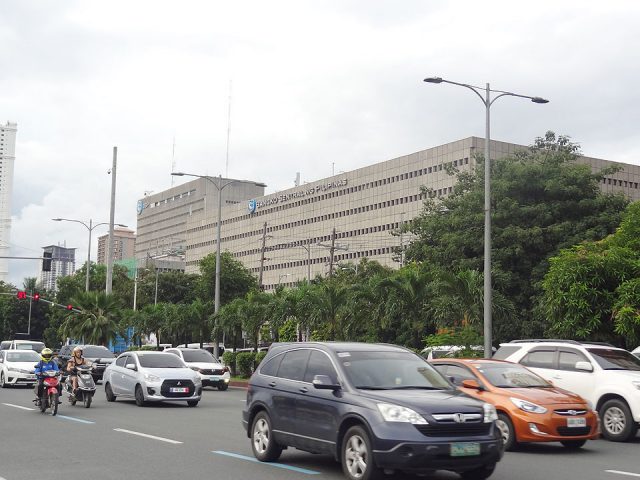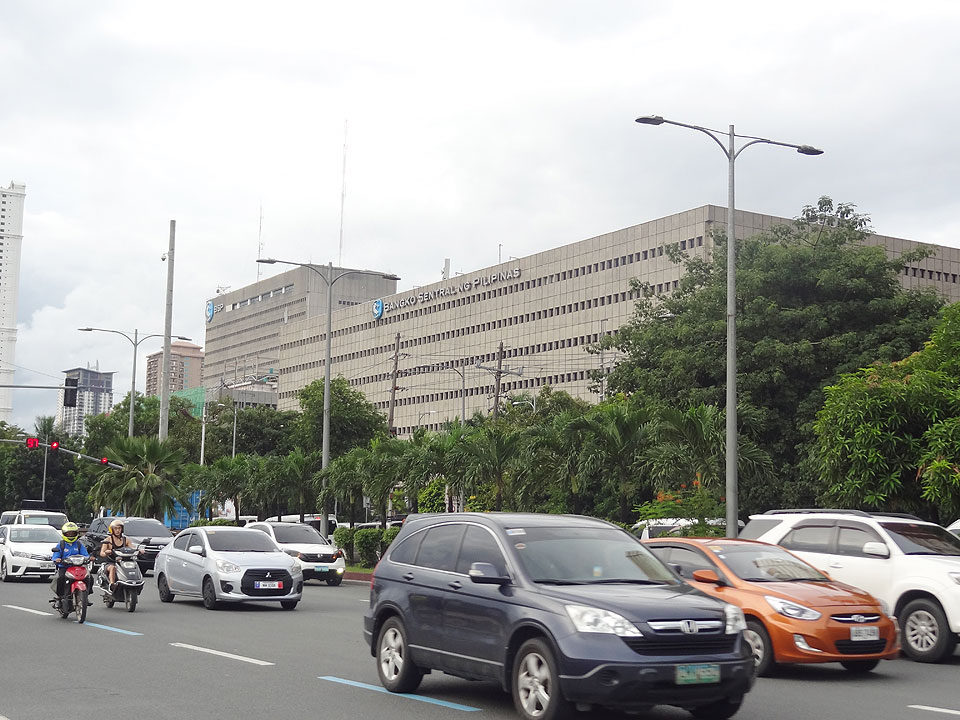Robinsons Land ‘better prepared’ as REIT starts offer period
By Keren Concepcion G. Valmonte, Reporter
THE real estate investment trust (REIT) unit sponsored by Robinsons Land Corp. (RLC) started its offer period on Wednesday, after securing a permit to sell from the Securities and Exchange Commission.
RL Commercial REIT, Inc.’s offer period will last until Sept. 3. Its initial public offering (IPO) comprises of 3.34 billion common shares owned by RLC, with an overallotment option of up to 305 common shares. It aims to raise as much as P23.5 billion.
RLC plans to use the proceeds from the initial public offering (IPO) of its real estate investment trust (REIT) unit to build more projects in all the businesses it currently engages in.
“They will be used specifically to build, number one, more office buildings; number two [and three], for our residential projects, both the vertical as well as our landed housing projects; number four, for our logistics and industrial facilities,” Frederick D. Go, chairman of RCR, and president and chief executive officer of RLC, said in a briefing on Wednesday.
He added that the proceeds will also be used for RLC’s destination estates, which include Bridgetowne in Quezon City and Pasig, Montclair Project in Pampanga, and Sierra Valley Gardens in Rizal.
“And of course, included there would be our land banking activities, as well as the construction of our malls and hotels,” said Mr. Go.
RCR is being branded as the largest REIT in the country. Its initial portfolio includes 14 commercial real estate assets with a combined gross leasable area (GLA) of 425,315 square meters (sq.m.), having an independently appraised value of P73.9 billion as of end-June.
The 14 RCR buildings are located in central business districts across Makati, Bonifacio Global City, Ortigas, Quezon City, and Mandaluyong as well as in key cities of Naga, Tarlac, Cebu, and Davao, making the offer the “most geographically diverse Philippine REIT.”
“I think the choice of the office REIT is primarily because the BPO (business process outsourcing) industry is the bedrock of our business and the BPO industry is an essential service industry and they continue to operate even during these difficult times, these challenging times,” Mr. Go said.
RCR pushed through with the listing even amid the pandemic, saying it waited for years to launch the product and it also noted market support for REIT listings.
“Last year, during the height of the lockdown… the business was extremely resilient even if we didn’t know anything about this virus,” Mr. Go said.
“We’re now so much better prepared to handle the virus so if we were resilient then, I believe we are so much more resilient today,” he added, expressing optimism on the progress of the country’s vaccination drive.
RLC has a potential infusion pipeline spanning around 422,000 sq.m. for RCR, the addition of which will be subject to market conditions and the approval of regulatory bodies, among others.
RCR said will be complying with the REIT law in terms of dividends. At its P6.45 per share offer price, the company said it has an implied 2022 dividend yield at 5.96%.
On Wednesday, shares of listed sponsor RLC at the stock market closed unchanged at P16.84 each for the third straight day.












